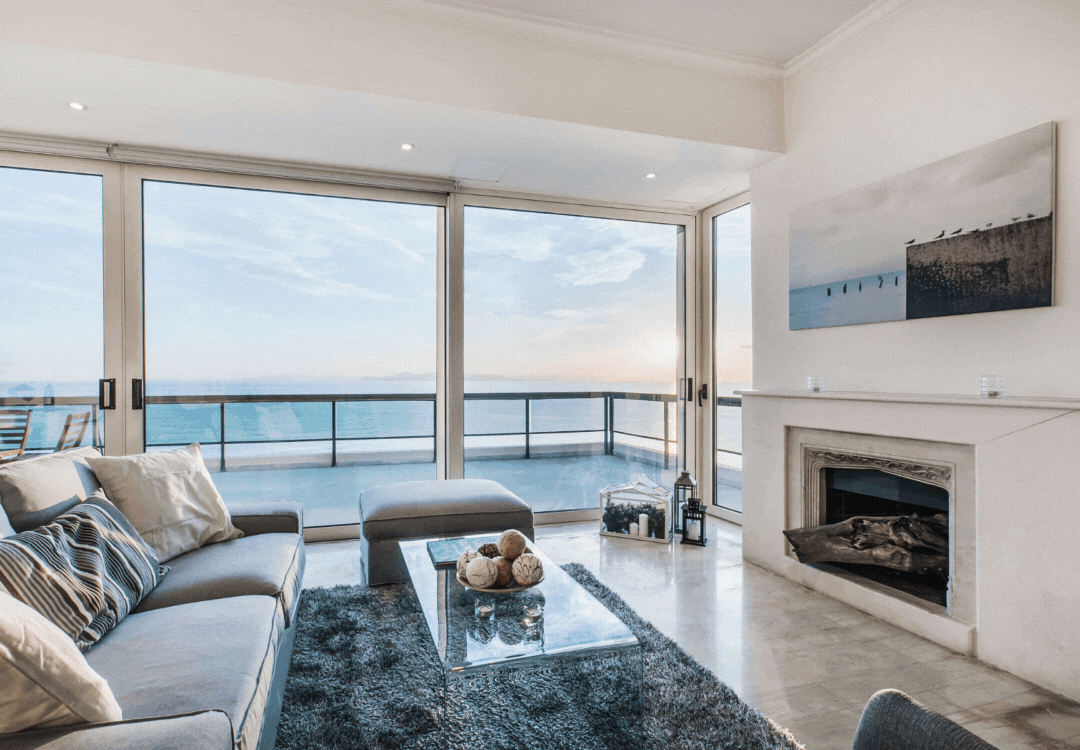
TRAVEL COMES BACK AROUND.
This will be a year of pendulum-like swings on many different aspects of travel. For starters, business travel is bouncing back, with corporate travel budgets returning to near “normal,” or expected, on average, to be at 98% of 2019 levels, according to a survey of global corporate travel managers by Morgan Stanley Research. While companies aren’t eschewing virtual meetings entirely, they’re ready for their talent to meet clients and co-workers in person again, attend conferences that previously would have been tuned into via video conference, and more.
One minor but still significant twist is that “bleisure travel,” combining business and leisure, is becoming heavier on me-, family-, and free-time. The roots of the shift go back to the rise of “digital nomadism” during the pandemic when pioneering remote workers sought vacation destinations where they could plug in and hang out for a while.
This blended travel theme is now influencing long-term planning, operations and marketing in the travel industry like never before, and the time has come to be more creative and cater to these demands. As noted by the property technology company Blueground, which offers apartment rentals in 27 destinations (and counting) around the world: “Remote employees are catching on to opportunities for a lifestyle change – whether moving countries to immerse themselves in a new culture or simply trying out a new neighborhood for a change of pace. Shorter pilot trips have their payoffs, but to really experience a city and ensure it's the right move, a stay of 30 days or more can be a valuable step in the process.”
Indeed, in 2022, 44% of Blueground guests extended their lease beyond initially planned terms, up from 39% pre-pandemic in 2019. Travelers are now seeking escapism: true vacations sealed with a firm OOO message. This has also led people to jet off on their own schedule, and enjoy popular destinations off-season.
With people glued to their screens while dreaming of vacationing for the past three years, one travel trend has taken center stage: set-jetting. Surely, you must have seen the flurry of media coverage around HBO’s white-hot series The White Lotus, shot on the iconic Sicilian coast. With headlines like “Your ultimate ‘White Lotus’ itinerary for Sicily” and “You Can Now Rent the Villa From The White Lotus on Airbnb” fostering this trend, set-jetting makes fantasy a reality and has a tangible effect on where consumers look to book their next trip. After a memorable appearance in the season 2 episode “Italian Dream,” Rocco Forte Hotels’ address in Palermo leveraged the show with a Discover Sicily with Villa Igiea package, offering a choice of three local tours for unique insights into this captivating destination. Like good entertainment, set-jetting appears bound to endure: According to research by Expedia, “streamed movies and TV shows are now the top sources of travel inspiration (40%), outpacing the influence of social media (31%),” while “68% of travelers considered visiting a destination after seeing it in a show or movie on a streaming platform, and a whopping 61% booked a trip.”
Meantime, revenge travel is finally making its way to Asia and South Pacific as the regions re-open borders after years of COVID-19 closures, with Japan, China and Singapore leading the way. What can those countries anticipate? Well, in Fiji, which has been open for a year, Fiji Airways is experiencing bookings from North America and Australia at 120% above pre-pandemic levels. Turtle Island, an intimate, private island eco-resort in Fiji’s Yasawa Islands that primarily hosts couples, has seen such demand from returning guests who now have children that it has added additional family time throughout the year. And in Hong Kong, the Tourism Board launched a global campaign “Hello Hong Kong” to welcome back visitors after borders reopened, giving away 500,000 airline tickets plus goodies such as complimentary drinks and gift vouchers to use during their travels.
THE AGE OF THE VIDEO ENTERTAINER
<<<
WELLNESS: AWAKENED
>>>







